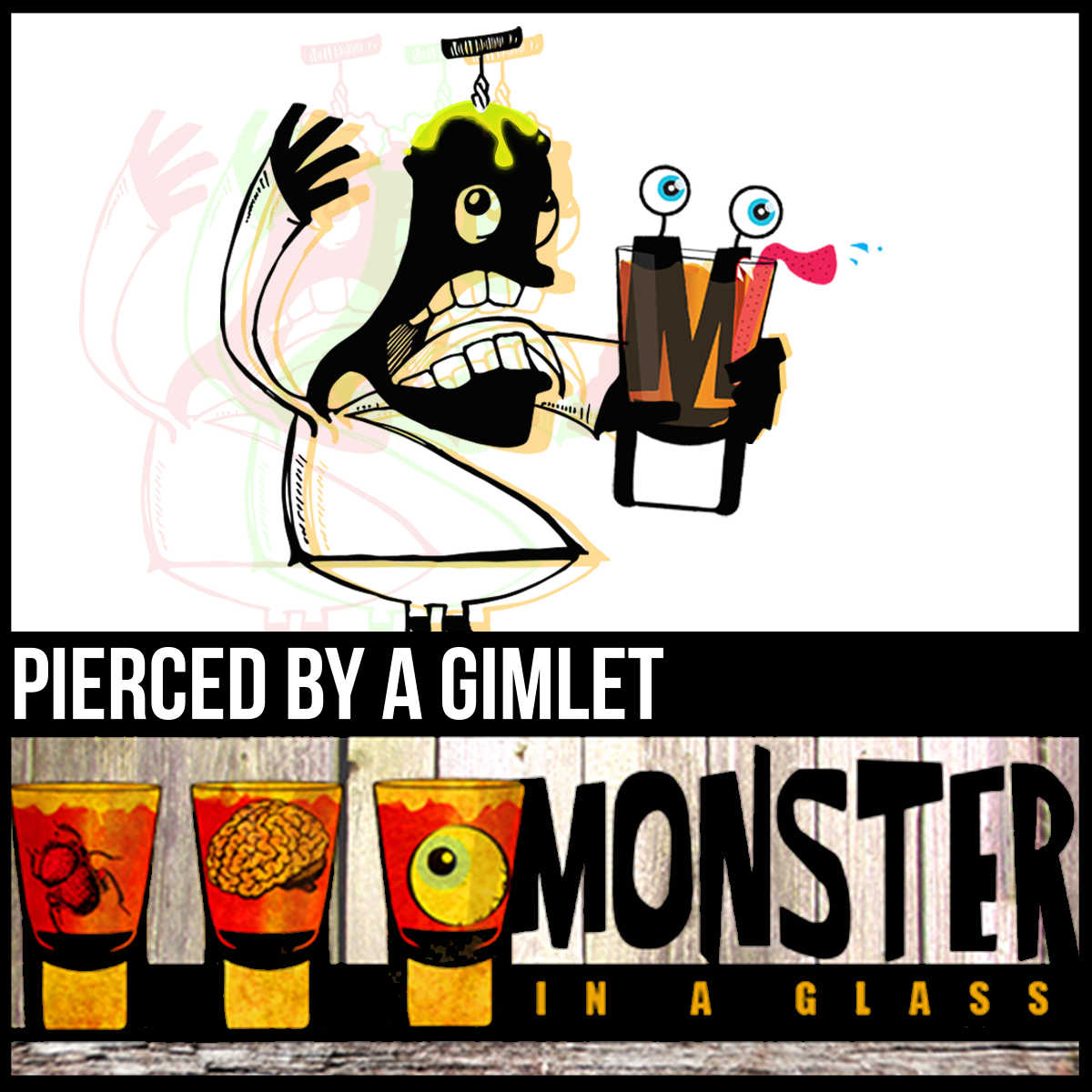The Gimlet situation is another unique one that I don’t think we’ve encountered in any other drinks we’ve discussed. The drink’s name has two really great and possible origin stories, but only one of them is tied to the actual origins of the drink.
When I first looked at this drink I did a quick Google search to learn what Gimlet means, because if it was an actual word, its meaning was lost on me. Ignoring all of the cocktail entries, one quickly learns that a gimlet is a wood boring tool commonly used in the spirits business for piercing casks that are aging alcoholic beverages. That was enough for me. It has all of the elements a drink name needs – something that the bartender can identify with and a meaning denoting its effects, in this case, possibly, it’s like a drill to the skull. I was fully prepared to discuss woodworking tools.
Jay, our researcher, of course, had different ideas. Having been seeded at the appointment of his mission to research the Gimlet with my own understandings of its name origins he did his due diligence on carpenter’s tools, but then muckraker that he is, he continued to find another interesting origin story. In the 19th century there was a British Royal Navy surgeon by the name of Gimlette who was famous for the rigorous implementation of lime juice to the sailors’ rum ration to combat scurvy on long voyages. So often mention at these kinds of personal origin stories are complete bullshit and unless we find corroborating evidence that the person even existed we don’t put much stock in it. In this case, however, Dr. Gimlette was verified and so was his role in juicing up the British sailors, so much so that his name, with the same spelling, is used to reference the rum ration itself in British naval slang. Considering that we think Harry MacElone seems to be the first bartender to bring this remedy to the bar and he had spent some time in the Navy, we think it’s likely he got the drink and its name from his time in the service. So we think the drink and its name has military origins and it was introduced to the public through MacElhone behind the bar.
I was so convinced that the drink was about a woodworking tool. To many cocktail enthusiasts it still is about a hand drill because the research in finding the second reason for its name isn’t very accessible to most individuals (and nobody really has the time or inclination to do this sort of digging). I don’t think there is another case where the name has split the origin so cleanly like this where both possibilities make a lot of sense.








